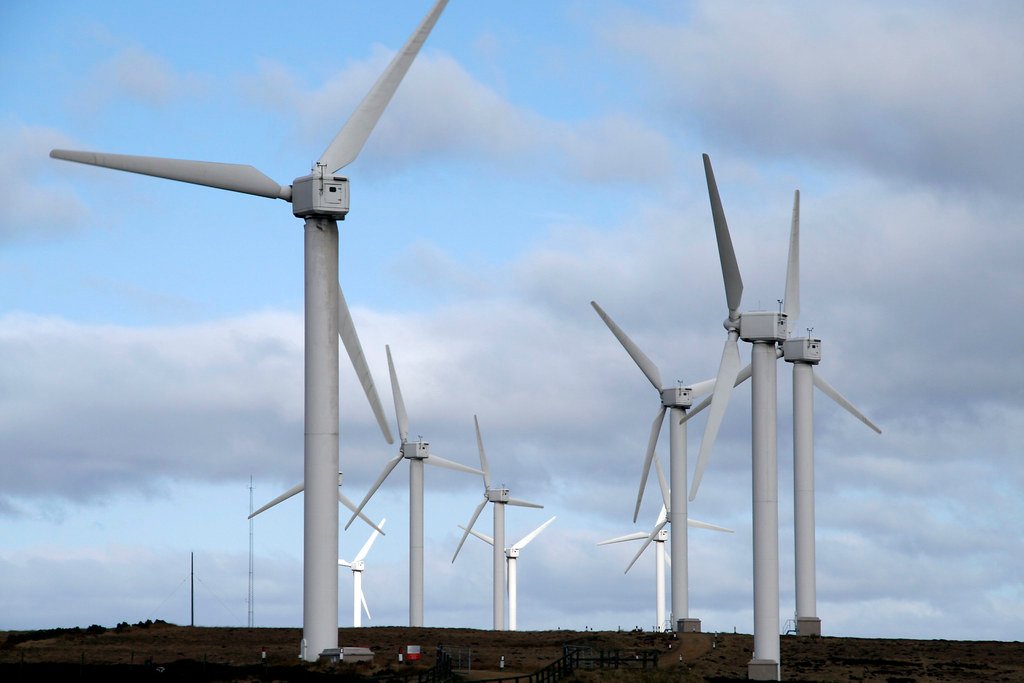
In a bold move to accelerate Europe’s transition to a green economy, the European Commission has announced a €4.6 billion funding package aimed at driving innovation in net-zero technologies, electric vehicle (EV) battery manufacturing, and renewable hydrogen production. The initiative, launched in the first week of the Commission’s new mandate, includes two new calls for proposals and a second auction under the European Hydrogen Bank.
The funding will be allocated through the EU’s Innovation Fund, which uses revenue generated from the EU Emissions Trading System (ETS) to support clean energy projects. The money will be distributed across three main areas: €3.4 billion for net-zero technology projects, including EV battery manufacturing, and €1.2 billion for renewable hydrogen production in the European Economic Area (EEA).
The €2.4 billion general call for net-zero technologies (IF24 Call) will focus on decarbonisation projects and the manufacturing of renewable energy components, energy storage systems, heat pumps, and hydrogen production. These projects will be assessed on their potential to reduce greenhouse gas emissions, degree of innovation, cost efficiency, and scalability. For the first time, the Commission has introduced a “Grants-as-a-Service” option, allowing Member States to complement the funding with national schemes, streamlining the process for applicants.
A key component of this package is the €1 billion call for electric vehicle battery manufacturing (IF24 Battery). This initiative aims to support the development of cutting-edge battery cell manufacturing technologies and processes. The Commission sees the EV battery sector as crucial to Europe’s clean energy transition, and the funding is part of a broader strategy to strengthen Europe’s competitiveness in this high-demand industry.
The Commission is also launching the second auction under the European Hydrogen Bank, with a budget of €1.2 billion. The auction will support renewable hydrogen projects in the EEA, with a specific focus on projects producing Renewable Fuels of Non-Biological Origin (RFNBOs). An additional €200 million has been earmarked for hydrogen production projects in the maritime sector. This funding will help Europe reduce its dependence on fossil fuels and accelerate the shift to clean energy in various industries.
The €1.2 billion in funding is an increase of €400 million compared to the first hydrogen auction (IF23 Auction) and will be complemented by additional national funding. Spain, Lithuania, and Austria have already committed to providing €836 million to support hydrogen projects within their borders.
The Commission has introduced new resilience criteria for both the battery and hydrogen projects to ensure Europe is not overly dependent on a single supplier, enhancing the EU’s strategic autonomy. This move comes in response to the increasing need for reliable, sustainable energy sources and technologies that can meet the challenges of climate change while maintaining Europe’s industrial strength.
“By investing more than €4.5 billion in clean technologies at the very beginning of the mandate, the Commission is showing its commitment to deliver on its decarbonisation objectives and to support European industries’ competitiveness in key strategic sectors,” said Teresa Ribera Rodríguez, Executive Vice-President for Clean, Just and Competitive Transition.
The Commission is urging project promoters to submit their proposals for the net-zero technologies and EV battery calls by April 24, 2025. For the renewable hydrogen auction, the deadline is February 20, 2025. Successful applicants are expected to sign grant agreements by early 2026, with a focus on projects that can deliver immediate impact in accelerating Europe’s green transition.
Wopke Hoekstra, Commissioner for Climate, Net Zero and Clean Growth, highlighted the importance of the fund: “As promised, we’re already delivering for European citizens and businesses. We are investing €4.6 billion to back cutting-edge European projects in net-zero technologies, electric vehicles batteries, and renewable hydrogen.”
This investment is part of the EU’s broader strategy to create financial incentives for low-carbon technologies and to ensure Europe remains a global leader in the green transition. The Innovation Fund has already allocated €7.2 billion to over 120 innovative projects and is expected to play a key role in Europe’s path to climate neutrality by 2050.



